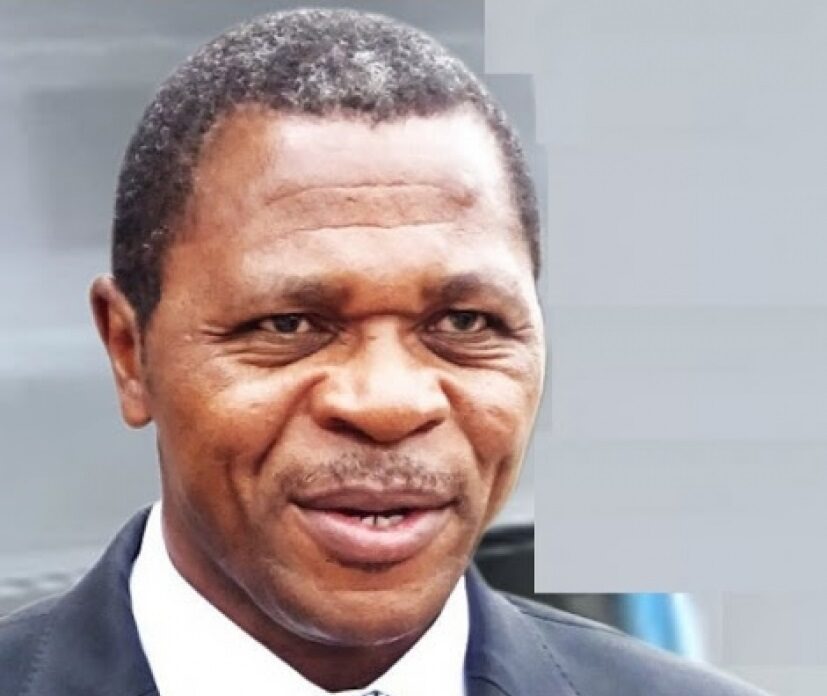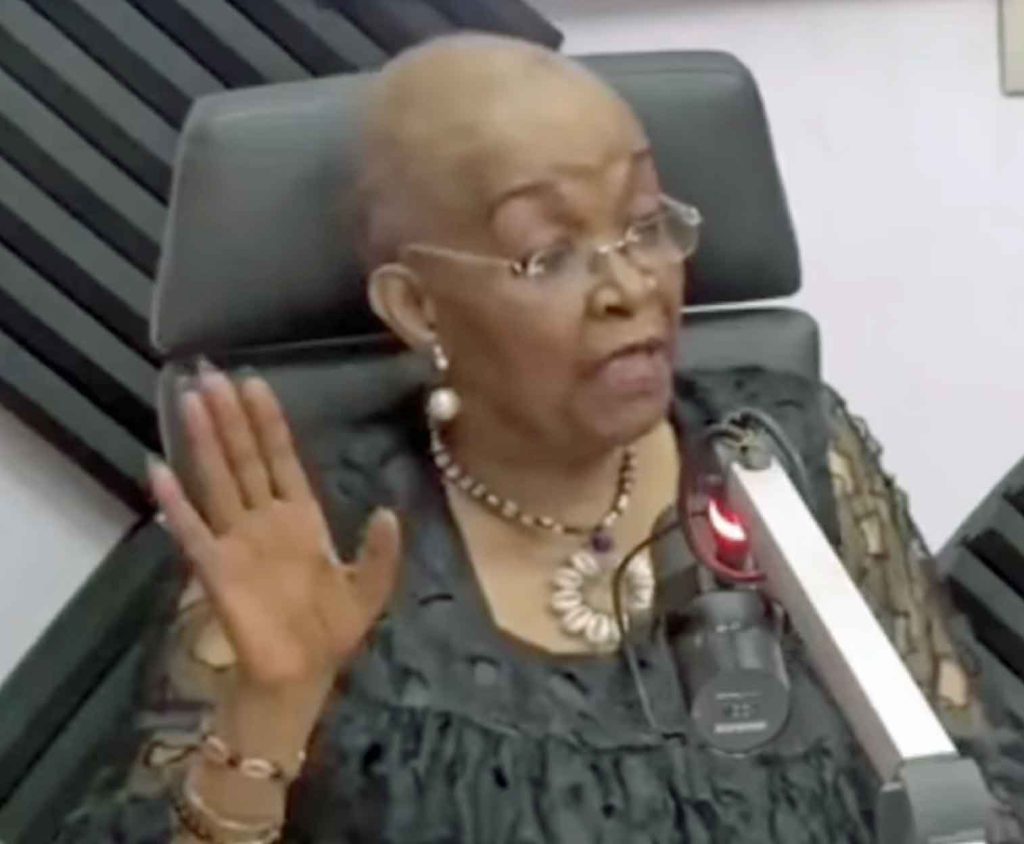LGBTI advocates are on edge as Cameroon restricts non-profits’ activities
LGBTQ rights activist and journalist in Cameroon.
Cameroon regulator wants to limit assistance from abroad.

LGBTI advocacy organizations are on the alert because the Cameroonian government has suspended several human rights and pro-development organizations, accusing them of financial misconduct.
The suspensions, first announced in December, do not directly affect LGBTI advocacy organizations, but have raised worries that the government might target them next.
In Cameroon, LGBTI advocacy groups are primarily categorized as HIV/AIDS associations, a classification that is necessary because of the nation’s legislative, cultural, traditional, and religious homophobia. As a result, they experience difficulties submitting required reports to the authorities because their activities defending the rights of LGBTI people are so controversial in Cameroon.
Organizations that the Ministry of Territorial Administration has suspended include:
- LGBTI-friendly REDHAC, the Network of Human Rights Defenders in Central Africa, which trains and supports human rights defenders in eight African nations. Its work on sensitive issues related to democracy, the Anglophone war, and the upcoming Oct. 5 presidential election has put it at odds with the Cameroonian government.
- Reach Out Cameroon, a woman-led not-for-profit organization, headquartered in southwest Cameroon, that promotes health and opposes gender-based violence.
- The L.M Nanje Foundation, a U.S. based 501(c)(3) non-profit that promotes education and development in southwest Cameroon.
Minister Paul Atanga Nji said the suspensions were justified on the basis of:
- Funding deemed illicit and disproportionate to declared activities.
- Lack of justification for the use of funds received.
- Non-compliance with regulations governing non-profit organizations.
- Suspicion of money laundering and terrorist financing, according to the authorities.
If he had his way, no organization in Cameroon would rely on support from abroad. He thinks they should be funded primarily by membership fees.
The suspensions have provoked strong reactions among the stakeholders involved.

Veteran LGBTI rights attorney Alice Nkom, who leads REDHAC, denied Nji’s accusations and said they reveal “the path we still have to travel to build a Cameroon where laws protect, rather than oppress. A Cameroon where justice is not used as an instrument of fear, but as a weapon of equity and peace.”
NGOs denounced the suspensions as arbitrary, hampering their humanitarian work and the defense of fundamental rights. In response, the government claimed the action was needed to strengthen financial transparency and oversight of non-profit activities.
In a potential escalation of the crackdown, a government memo is reportedly currently circulating calling on Cameroon’s diplomatic institutions to cease all financial support to non-profit organizations. Such a change would end associations’ ability to raise funds from international partners.
Separately, the LGBTI advocacy group Alternatives Cameroon was forced to cease operations in the wake of a Sept. 30, 2024, police raid on its Douala headquarters. The shutdown was ordered by the region’s public health division, although that order resulted in about 1,800 HIV patients in Douala being stranded without anti-AIDS treatment




